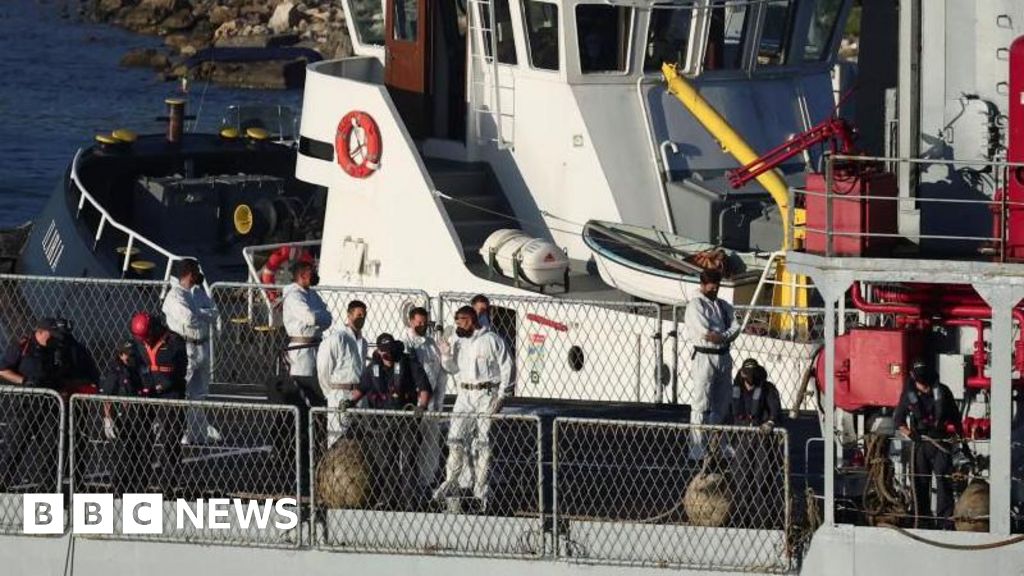In recent months, nearly a dozen European countries have instituted some form of border restrictions in an attempt to deter migrants, refugees and asylum seekers. Poland this month announced a
temporary halt to processing asylum requests from migrants arriving from neighboring Belarus, invoking a security threat. Germany’s Olaf Scholz instituted border controls this summer to stop undocumented migrants from crossing into Germany after a Syrian man stabbed eleven people, killing three. Six other countries, including Italy, France and Austria, have introduced border checks.
In a letter to leaders this week, Ursula von der Leyen, head of the EU’s executive branch, endorsed the idea of what she called “return hubs,” buildings to detain migrants in non-EU countries. (Spain’s prime minister, a relatively lonely voice on the matter, on Thursday rejected the idea after the EU leaders met.)
Italian Prime Minister Giorgia Meloni has
inaugurated “processing centers” in Albania where people headed to Italy will be transported — echoing Australia’s policy of sending asylum seekers to Papua New Guinea to have their claims processed. Meanwhile, France is pushing to change EU law to facilitate deportations to third countries. And the EU already has thousands of kilometers of physical fencing at its external borders — a setup that far exceeds Trump’s ballyhooed but abortive border wall with Mexico.
The bigger concern, for some critics, is that harsh rhetoric and measures on migration will open the door to other policies. “Migration has really become a Trojan horse for conservative forces to then push an agenda that goes beyond migration,” said the European Policy Centre’s Neidhardt.
Politico.uk


